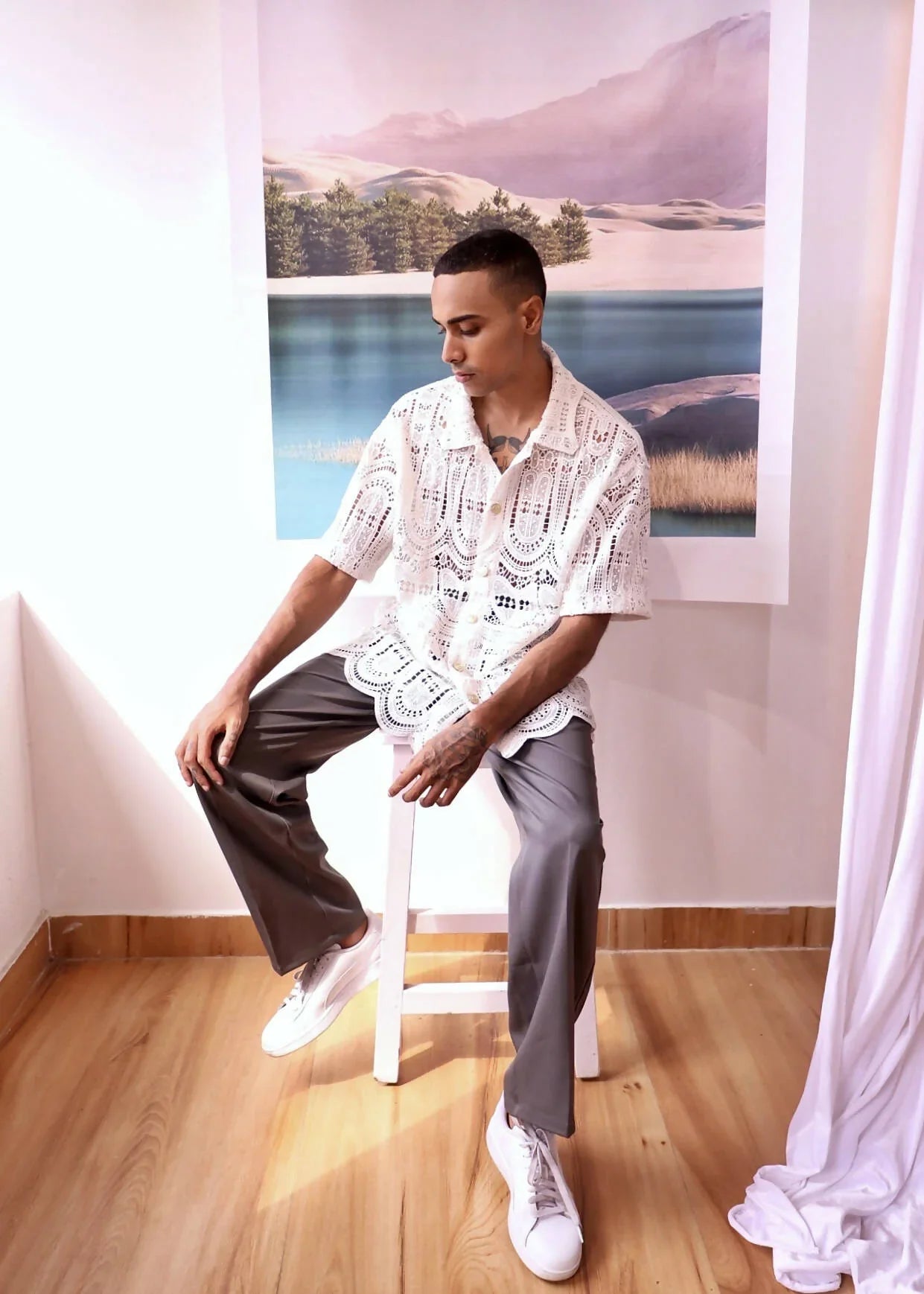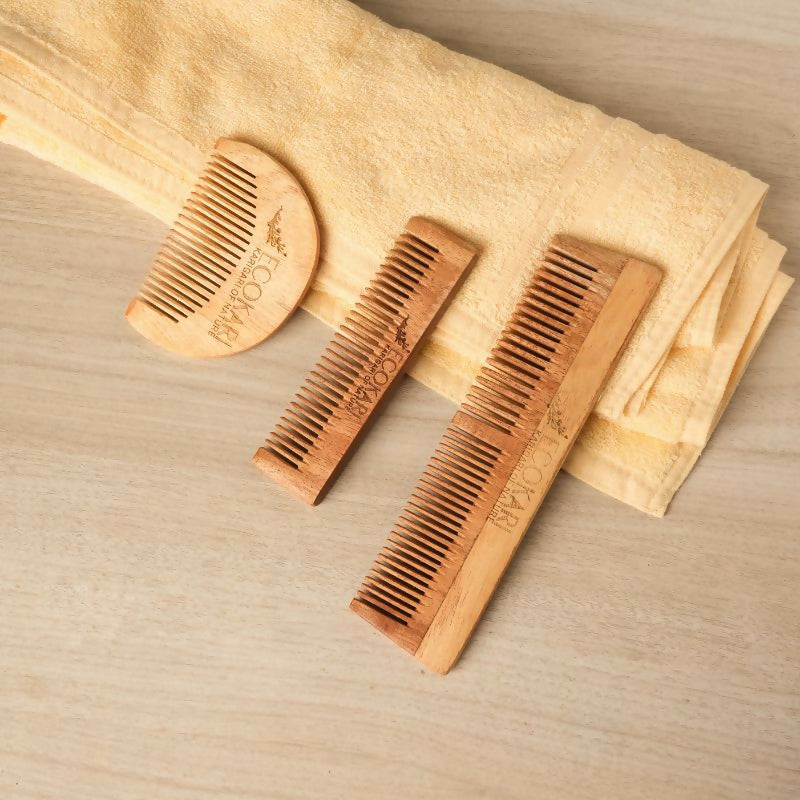Next Day Delivery vs Slow Fashion and Why Speed Will Never Match Craft

We live in the times of the instant add-to-cart and same-day dispatch arrivals. You click "Buy Now" and within 24 to 48 hours, the parcel lands at your doorstep. A pair of shoes for a weekend trip or a last-minute birthday dress, 1–2 day delivery has become the norm. In some cities, you can even receive items the very same day. This new-age quick commerce has led to an obsession with speed, which has gone beyond convenience.
To meet fast delivery timelines, fast fashion retailers like Shein and Zara rely on aggressive overproduction. Warehouses are automated to pack orders at record speed, with delivery workers often tracked by the minute. In many parts of the world, people work overtime for very low pay to meet the next-day demand.
Sometimes platforms offer express options, but what is the real cost of this speed? Garments are thrown out quickly with little attention to quality. A growing number of items are returned and sent straight to landfills because it is cheaper than inspecting them. According to a McKinsey report, the average consumer bought 60 percent more clothing in 2014 than in 2000 but kept each item for half as long. When delivery becomes the priority, everything else that is important like the makers, the materials, and the process, becomes secondary.
Slow Fashion Moves Differently
Slow fashion is about how time is used and respected across the entire chain. These brands do not offer next-day delivery, not because they cannot like every other brand, but because they choose not to.
Iro Iro is a zero-waste circular brand that is transparent about its making, where it is made, how long it takes, and how some upcycled weaving is a time-consuming process. Buyers are informed of this upfront.
Asket is a sustainable Swedish brand that believes in permanent designs. They create a strictly limited range of timeless essentials, crafted in Europe from natural fibres. The brand works on slower production and stands against mindless consumption.

Ethical brands do not participate in flash sales or offer one-click returns. They encourage thoughtful shopping by showing the fabric origin, the number of units made, the artisan involved, and sometimes how long the process takes to complete a dress. Delivery can take seven to twelve working days or more.
There is something important that happens when you wait. The item becomes a conscious choice rather than a quick impulse click.
This kind of waiting also benefits the brand. It allows them to plan better and waste less. Instead of burning or dumping unsold inventory like many fast fashion brands have done, slow fashion brands produce small batches or make pieces after receiving an order.
We have been conditioned to believe that if something is fast, it must be efficient. But fashion is not food delivery. We do not need a shirt in two hours. The faster we consume, the less we pause to think about what we already own and what we really need.
Slow fashion works on its own terms, respecting the artisans and valuing them. Instead of matching fast logistics, they match their production to skill and realistic shipping timelines.
Some slow fashion brands also include notes in the packaging, sometimes handwritten. Others send progress updates during production. This level of transparency and human connection is what makes the experience meaningful.
When you wear something that took time to make, you often take more time to care for it. You will not throw it away if there is a minor repair, you will try to mend it.
In a way, slow fashion also slows you down, in the best way possible.
Fashion was never supposed to be quick. It was supposed to be built to last. The real value of a garment is not how quickly it arrives but how long it stays with you.






Leave a comment